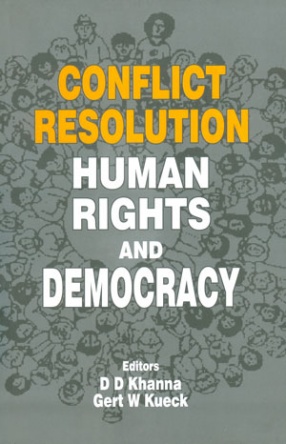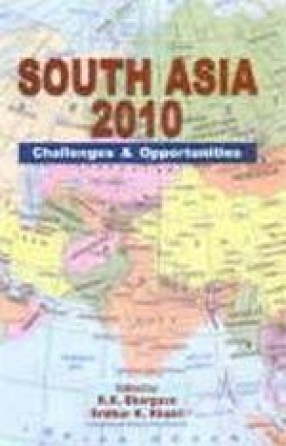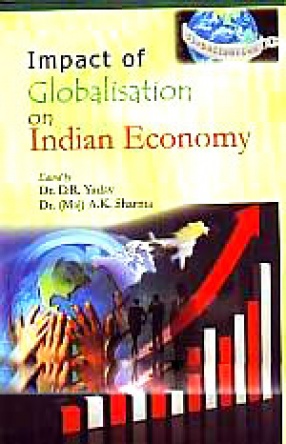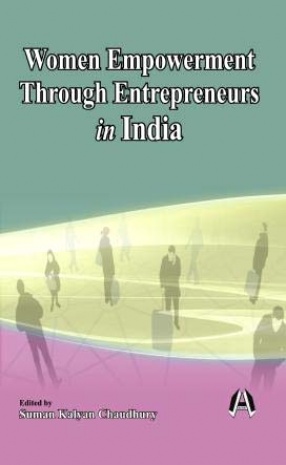Following the terrorist attacks in New York and Washington, D.C. on 11 September 2001, South Asia emerged as the epicenter of the war against terrorism, with the involvement of the American and coalition forces against Al Qaeda in Afghanistan. The development brought into focus not only the spectre posed by the threat of global terrorism, but also the dangers which terrorism poses within and among the countries of the region. In South Asia, there is a consensus that terrorism has a negative impact on economic development, but the assessment differs significantly depending on the experience of individual countries. There is, therefore, a need to develop a common methodology to calculate the costs of conflicts which should be able to demonstrate, among other things, that conflicts are responsible for the economic ills of countries. Such an exercise would be incomplete without a better understanding of the economy of terrorism, including the sources and methods of its financing and its economic networking. Similarly, there is also a consensus in the region that terrorism of countries, but it is not yet fully clear how that is done. Most papers in the present volume have attempted to address both the causes and consequences of terrorism, and strongly underscore the need for case-by-case study of individual terrorist groups to see how they have impacted on the state structure.
ABOUT THE AUTHOR Gert W Kueck
Prof. Gert W. Kueck is the Resident Representative of the Konrad Adenauer Foundation, and independent non profit-making German association, to India since 1993. Being a student of developmental economics and political science, he achieved some knowledge in the field of oriental studies too. After he graduated with a PhD in economics, he stated an impressive academic career teaching international trade and economic relations with special reference to Afro-Asian and Latin American countries. Several times and for many years, he was able to enrich his academic experience by various practical activities, mainly as an advisor to big companies and in the framework of the United Nations system. He has participated actively in a great number of important conferences at the multinational level and has authored a number of books as well as contributed to scientific journals.
ABOUT THE AUTHOR Sridhar K. Khatri
Prof. Sridhar K. Khatri is Executive Director of the Regional Centre for Strategic Studies, Colombo, Sri Lanka. Formerly, he was, Executive Director, Institute of Foreign Affairs, Kathmandu, Nepal, and Professor, Department of Political Science, Tribhuvan University, Kathmandu. Prof. Khatri has degrees from City College of New York and School of International Affairs, Columbia University, New York, and was a visiting scholar at the London School of Economics in 1989-90. Some of his edited volumes include: Regional Security in South Asia (Kathmandu: Centre for Nepal and Asian Stdies, 1987); Political Parties and The Parliamentary Process in Nepal: A Study of the Transitional Phase (Kathmandu: Polsan, 1992); Energy Policy: National and Regional Implications (Khathmandu: CASAC, 2002). Co-edited volumes include; The Second Parliamentary Elections: A Study of the Emerging Democratic Process in Nepal (Kathmandu: IIDS, 1993) and South Asia 2010: Challenges and Opportnities (New Delhi: Manohar, 2002).









There are no reviews yet.